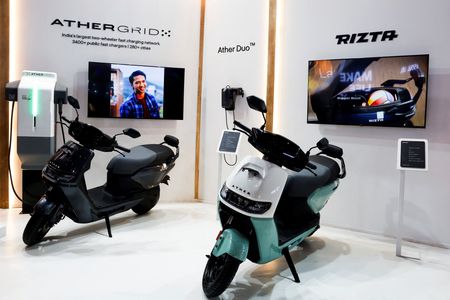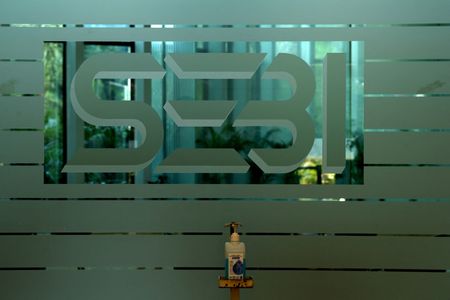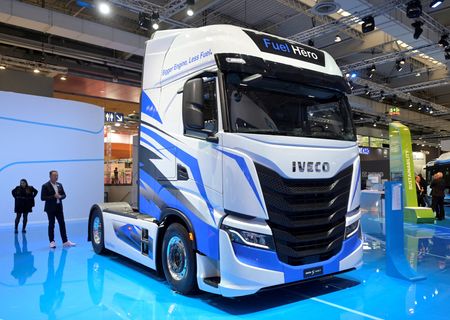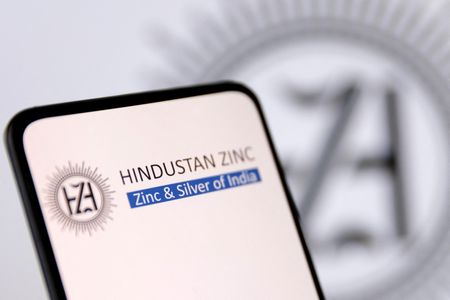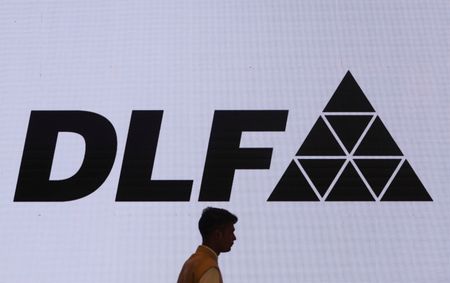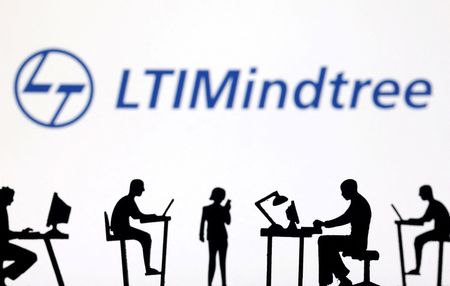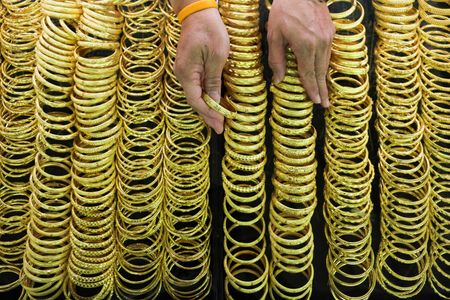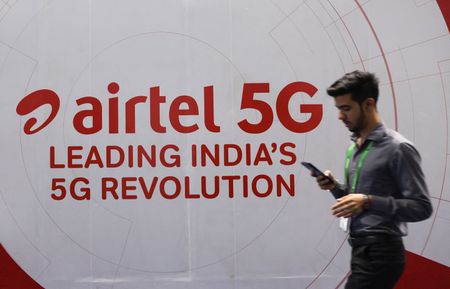By Meenakshi Maidas
(Reuters) -Indian e-scooter maker Ather Energy reported a narrower first-quarter loss on Monday on higher demand, and said it expects a week of “potential business impact” only in the second quarter due to China’s rare-earth magnet export ban.
Ather expects around a week’s worth of a supply gap to dealers due to China’s ban but aims to manage the impact with existing inventory, CEO Tarun Mehta said in post-earnings call.
The company is also exploring alternatives, including a shift to more widely available light rare earth magnets, which remain unrestricted, he added.
China, which supplies around 90% of the world’s rare earth magnets, imposed the export ban in April.
Last week major Indian carmakers Mahindra, Hyundai India shrugged off medium-term issues from the export ban, with Mahindra saying it was using alternatives such as light rare-earths and ferrites.
Ather Energy, which makes the popular “Rizta” e-scooter, said its losses narrowed to 1.78 billion rupees ($20.3 million) in the quarter ended June 30 from 1.83 billion rupees a year ago, helped by sales that grew nearly two-fold to 46,078 units.
Backed by Hero MotoCorp, Ather entered India’s electric vehicle market in 2018 as an early mover, but has since lost ground to rivals such as Ola Electric and legacy players with stronger finances and a broader reach.
Its revenue surged 78.8% on-year to 6.45 billion rupees, but rising material costs pushed overall expenses 54.4% higher.
Its adjusted gross margin rose to 23% from 19% a year ago, driven by non-vehicle revenue such as warranty programs, software and accessories such as its “Halo” helmets.
Ather’s shares rose as much as 19.4% to a record high of 414.65 rupees on Monday after its quarterly results and closed 14% higher.
($1 = 87.6320 Indian rupees)
(Reporting by Meenakshi Maidas in Bengaluru; Editing by Nivedita Bhattacharjee, Mrigank Dhaniwala and Sonia Cheema)

